Sri Lanka’s new president Thursday urged the IMF to consider “alternative means” to continue with a $2.9 billion bailout that aided his country in the wake of a sovereign default but imposed painful austerity
In his first face-to-face meeting with International Monetary Fund representatives in Colombo, Anura Kumara Dissanayake said he wanted to reduce taxes on lower-income groups.
He won his country’s September 21 presidential election promising to reverse steep tax hikes, raise public servant salaries, and renegotiate the controversial bailout secured by his predecessor, Ranil Wickremesinghe.
Dissanayake told the IMF that he wanted to continue with the four-year program, which requires the government to reform loss-making state enterprises and improve governance.
Dissanayake reaffirmed “broad agreement” with the objectives of the IMF program but “emphasized the importance of achieving these objectives through alternative means that relieve the burden of the people,” his office said in a statement
It said the IMF delegation headed by its Director for Asia Pacific, Krishna Srinivasan, “agreed to discuss the alternative approaches proposed by the Sri Lankan government.”
However, neither side gave details of the new proposals.
The 2023 bailout helped end crippling shortages of food, fuel and medicine and returned Sri Lanka’s economy to growth, but its austerity measures left millions struggling to make ends meet.
The new president has said he also wants to conclude a deal to restructure $12.5 billion in international sovereign bonds and secure more concessions for the cash-strapped nation.
Analysts, however, say Dissanayake has little room to reshape the terms of the IMF deal.
Sri Lanka declared a sovereign default on its $46 billion debt in April 2022 after running out of foreign exchange.
“There are certain red lines that the IMF will not agree to negotiate,” Murtaza Jafferjee of the Colombo-based economic think tank Advocata told AFP soon after Dissanayake’s election.
The IMF would be very unlikely to budge on core components of the bailout, including a ban on printing money as well as revenue and spending targets agreed by the last administration, Jafferjee said.
The meeting, reported by the President’s Media Division (PMD), is part of the IMF’s ongoing engagement with Sri Lanka to discuss the progress of the ongoing IMF program.
The IMF delegation included Krishna Srinivasan, Director of the Asia Pacific Department, and Dr. Peter Breuer, Senior Mission Chief.
The President was accompanied by key Sri Lankan officials, including Central Bank Governor Dr. Nandalal Weerasinghe, Secretary to the Treasury Mahinda Siriwardena, Dr. Harshana Sooriyapperuma, Senior Advisors to the President Prof. Anil Jayantha, and Duminda Hulangamuwa.
During the meeting, President Dissanayake reaffirmed the government’s broad agreement in principle with the objectives of the IMF program but emphasized the importance of achieving these objectives through alternative means that alleviate the burden on the people.
He noted that the government plans to provide relief to those struggling with high VAT and income taxes.
According to the PMD, the IMF appreciated President Dissanayake’s commitment to the program’s goals and agreed to discuss the alternative approaches proposed by the Sri Lankan government.
In addition, the two parties discussed the initiation of the third review of the program. While there have been delays due to the upcoming General Elections, President Dissanayake assured the IMF of the government’s dedication to continuing the program without disruption and facilitating the third review process.
Sri Lanka’s 2022 financial crisis that precipitated the bailout proved to be an opportunity for Dissanayake, who saw his popularity rise after pledging to change what he called the island’s corrupt political culture.
Dissanayake has dissolved the 225-member parliament in which his once-marginal party had just three seats and called fresh elections for November 14, nearly a year ahead of schedule.
Any fresh deal with bondholders as well as the IMF requires approval by parliament, which is set to hold its first session on November 21.
Source: Associated France Press (AFP) & Daily Mirror Sri Lanka
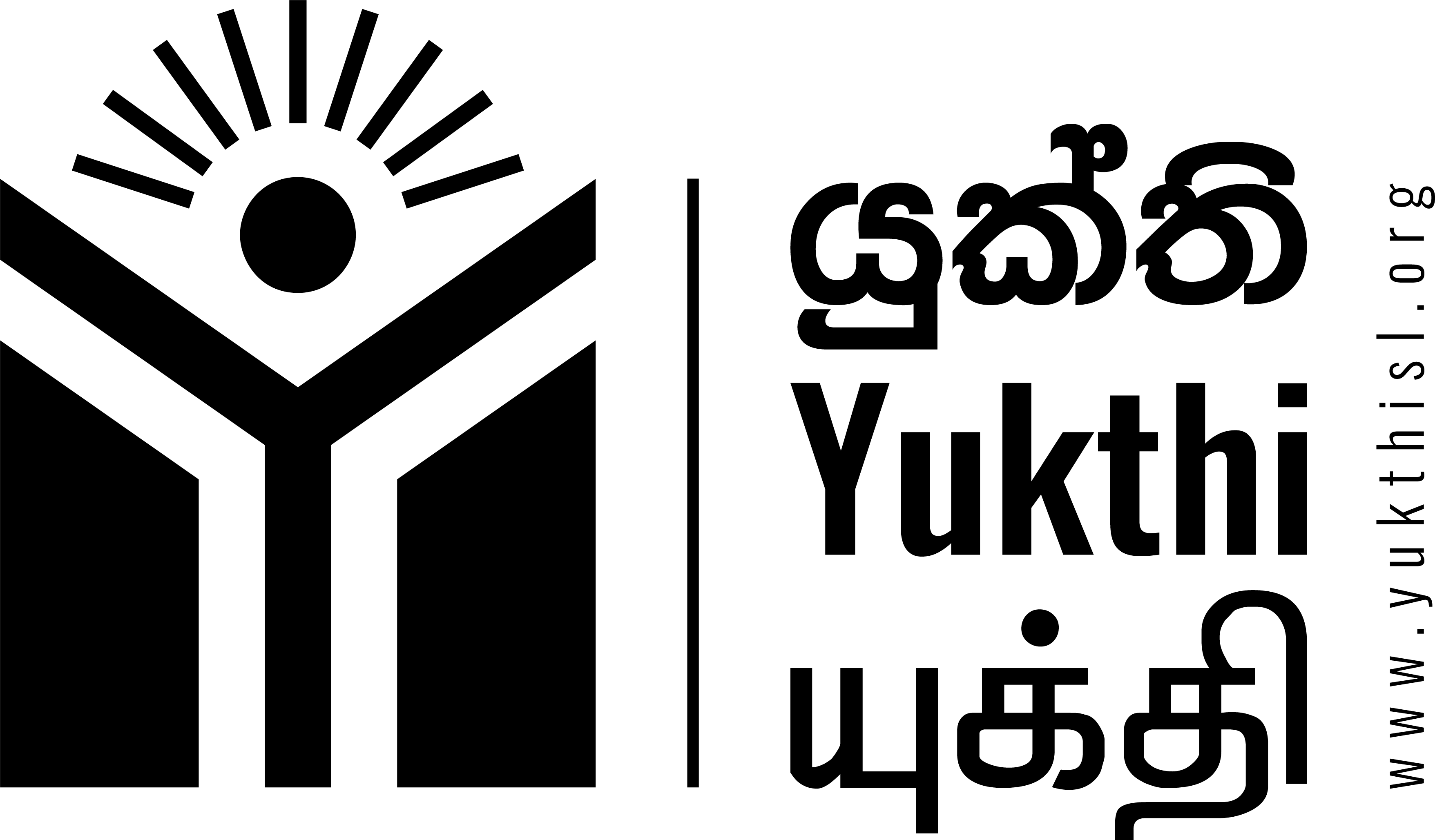

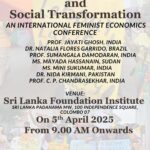
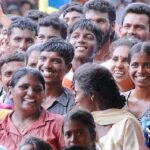
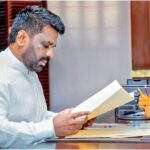
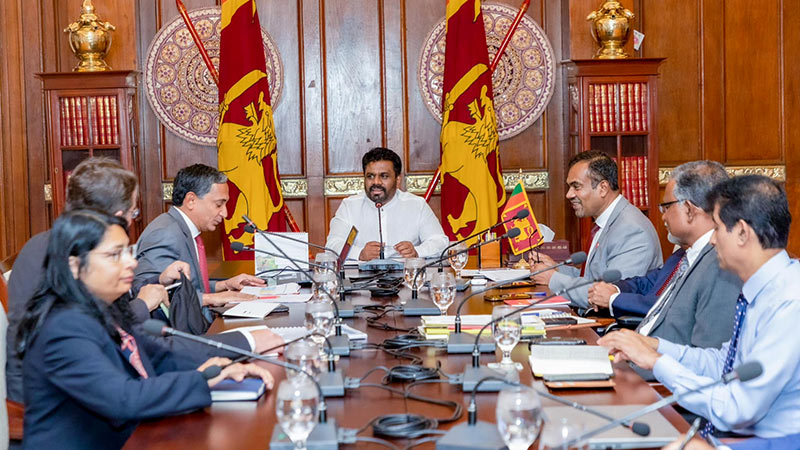
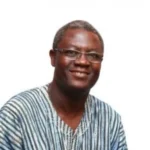
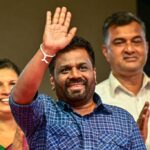
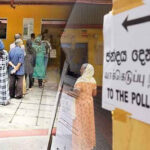
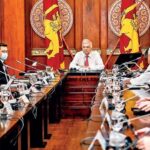
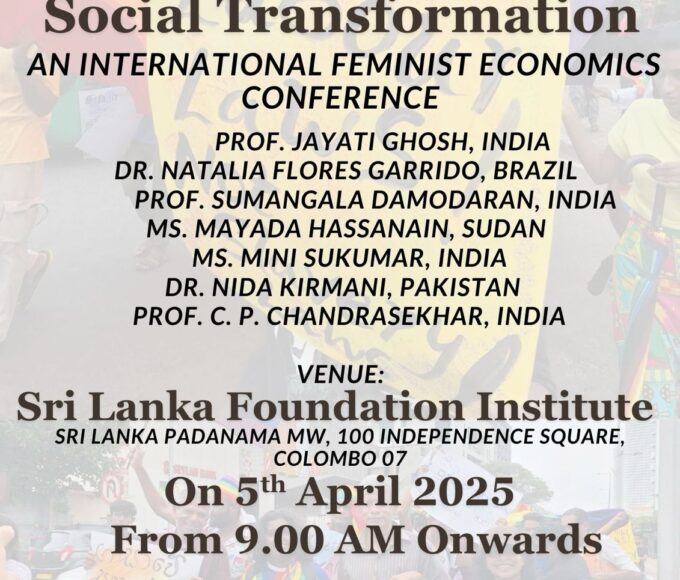

Leave a comment